Every poem can be considered in two ways - as what the poet has to say, and as a thing which he makes
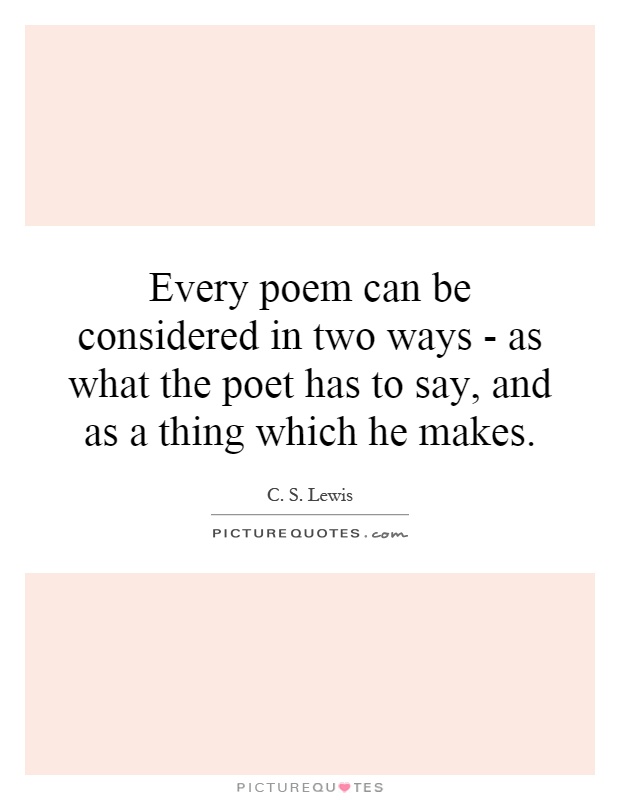
Every poem can be considered in two ways - as what the poet has to say, and as a thing which he makes
C.S. Lewis, best known for his works of fiction and Christian apologetics, also had a deep appreciation for poetry. In his essay "The Personal Heresy: A Controversy," Lewis explores the idea that every poem can be considered in two ways - as what the poet has to say, and as a thing which he makes.When we consider a poem as what the poet has to say, we are looking at the content, the themes, the emotions, and the ideas that the poet is trying to convey. This is the more obvious way of approaching a poem, as it involves understanding the message that the poet is trying to communicate. In this sense, a poem can be seen as a form of self-expression, a way for the poet to share their thoughts and feelings with the reader.
However, Lewis argues that a poem should also be considered as a thing which the poet makes. In other words, we should pay attention to the craft and artistry that goes into creating a poem. This involves looking at the structure, the language, the imagery, the rhythm, and the sound of the poem. By focusing on these elements, we can appreciate the skill and creativity that the poet brings to their work.
For Lewis, the tension between these two ways of looking at a poem is what makes poetry so fascinating. On the one hand, there is the personal, subjective aspect of poetry, where the poet is expressing their own thoughts and emotions. On the other hand, there is the objective, artistic aspect of poetry, where the poet is creating something that exists independently of their own feelings.

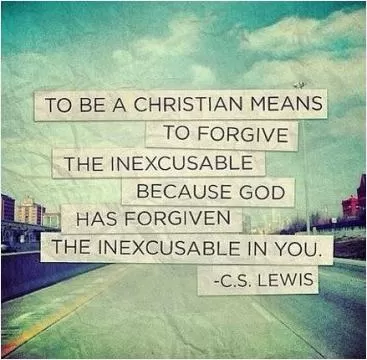




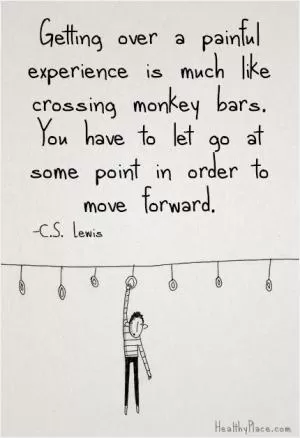


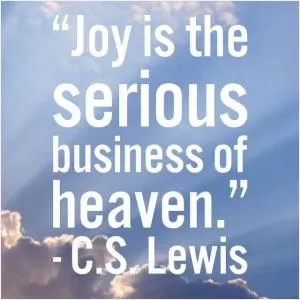

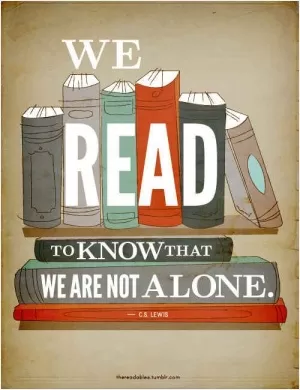
 Friendship Quotes
Friendship Quotes Love Quotes
Love Quotes Life Quotes
Life Quotes Funny Quotes
Funny Quotes Motivational Quotes
Motivational Quotes Inspirational Quotes
Inspirational Quotes